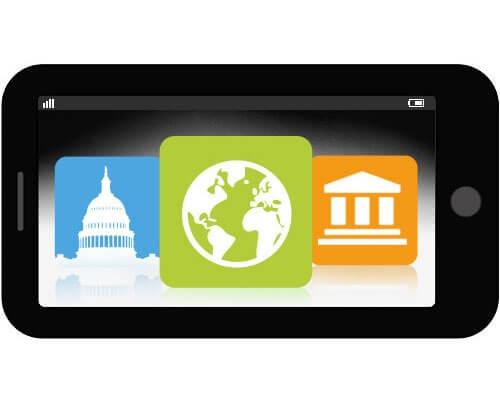Privacy is a Human Right
Page Media

The U.N. Human Rights Council could take a big step this month toward protecting privacy rights around the world. At its current session, the HRC plans to vote on whether to appoint an independent expert on the right to privacy, called a "special rapporteur."
The ACLU joined with more than 60 other human rights and civil liberties groups this week in signing a letter urging the HRC to vote in favor of the initiative, which could help strengthen critically needed privacy standards and monitor compliance with those standards worldwide. I will be in Geneva next week to participate in meetings on the matter with members of the HRC and advocate for this important mechanism.
Privacy might be getting an international champion
Privacy is one of the most fundamental – and widely violated – human rights not to have its own special rapporteur. While the U.N. General Assembly has recently passed resolutions expressing support for the right to privacy in the digital age, and the U.N. High Commissioner for Human Rights has recently issued a landmark report on the same issue, both of those bodies have a broad range of human rights issues to monitor and address. Privacy needs a dedicated international champion.
Special rapporteurs have played a key role in protecting human rights for decades. Some rapporteurs have "thematic" mandates, focusing on specific rights or issues, like freedom of opinion and expression or violence against women. Other rapporteurs have "country" mandates, meaning they focus on specific states, like Myanmar or Syria.
Thematic rapporteurs typically gather information from around the world on the state of the right at the center of their mandates, consulting government officials, civil society, relevant experts, victims of violations, and others. They visit different countries and document how well or badly those countries protect and ensure the rights in question. Ultimately, they report back to the HRC on their findings, interpreting and articulating human rights standards for particular rights in the process. Their work has served as a fundamental vehicle for the evolution of human rights law.
A special rapporteur on the right to privacy would help assess and monitor the ongoing implementation of this right, particularly as modern technologies are enabling interferences with privacy on an unprecedented scale. He or she would also be able to provide governments and non-state actors much needed guidance and clarity in interpreting a rapidly developing area of law. Indeed, some of the most important guidelines on human rights law and privacy have come from other special rapporteurs whose thematic issues touch on privacy rights. Imagine how valuable a devoted special rapporteur on privacy could be.
We have been pushing the HRC to establish a mandate for privacy for months. The moment of truth has arrived. The Human Rights Council's choice will have implications for all of us, and you can bet we'll be watching their vote closely.
Jamil Dakwar is the Director of the ACLU's Human Rights Program.
Source: ACLU Blog of Rights
